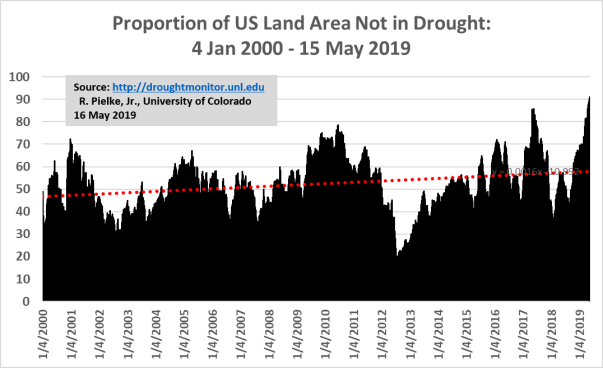E
Ender
Guest
The church has no competence to rule on matters of science. Whatever opinions they express on the matter are just that: opinion. They are not doctrines and do not oblige our assent. This is a scientific question, not a moral one.Concerning the Vatican workshop on climate change: if this is the promulgation as dictated by the Magisterium for all Catholics, I will and do comply. I have not been able to find who exactly were the undersigned in that declaration, but will take it at its word.
Whether or not global warming stemming from human activities is occurring is developing into the great scientific debate of our time. If it’s true, the larger questions are what the climate consequences will be and whether or not there is anything anyone can do about it. (Chemical & Engineering News)

